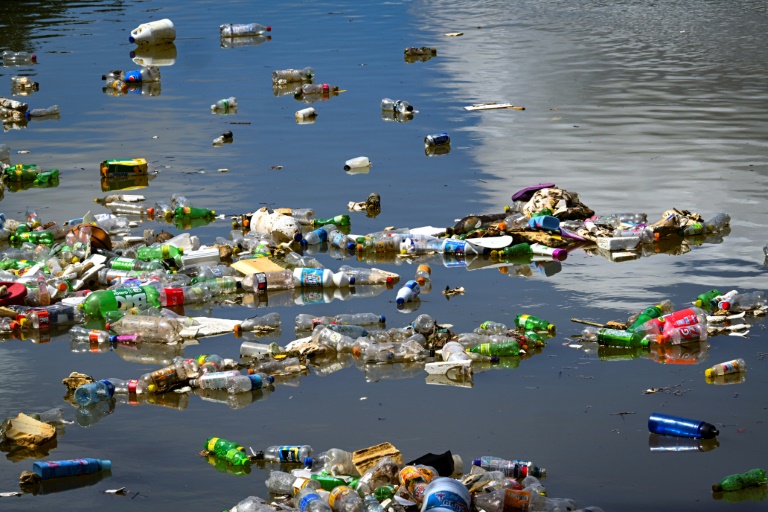Europe is advocating for active ministerial participation in the upcoming UN discussions concerning the establishment of the world’s first treaty aimed at addressing plastic pollution. Observers have noted that progress toward a meaningful agreement has been disappointingly slow, with some nations being accused of attempting to dilute the ambitions of the treaty. The European Union (EU) is part of a coalition that is pressing for legally binding commitments to limit the production of new “virgin” plastics to be included in the treaty, reflecting a heightened awareness of the environmental crisis stemming from plastic waste.
French Ecology Minister Agnes Pannier-Runacher emphasized that the absence of ministers at the talks is indicative of a lack of commitment to crafting an ambitious treaty. Speaking to lawmakers in Paris, she criticized the South Korean hosts for not prioritizing ministerial involvement, which she believes is essential for generating the political momentum necessary for achieving a mutually agreeable compromise at the highly anticipated meeting in Busan on November 25. The involvement of high-level officials is seen as crucial to ensuring that the negotiations result in substantial progress against plastic pollution.
Hungary, which currently holds the EU’s rotating presidency, has formally requested that all 27 member states send their ministers to participate in these discussions. This move reflects a strong desire among EU nations to present a united front on the issue of plastic pollution and to reinforce collective efforts in mitigating its environmental impacts. The EU’s stance is supported by scientific data released by the Organisation for Economic Co-operation and Development (OECD), which warns that plastic production has doubled over the past two decades and could potentially triple by 2060 if current consumption patterns continue unabated.
Despite the alarming statistics surrounding plastic production, the reality is that over 90 percent of plastic consumed globally is not recycled, leading to widespread environmental degradation. Much of this plastic waste ends up polluting natural landscapes or is deposited in landfills, where it takes hundreds of years to decompose. The urgency of the situation has drawn international attention and highlights the need for strong regulatory measures to address the crisis effectively.
The upcoming talks in Busan are critical, as they represent a pivotal moment for nations to come together and decide the future approach to managing plastic pollution on a global scale. The involvement of ministers is expected to elevate the discussions and enable a more strategic framing of the treaty’s goals, particularly in relation to limiting the production of new plastics and enhancing recycling efforts worldwide. A successful treaty could signal a significant shift in how countries address plastic pollution, facilitating a transition toward more sustainable practices.
As the world prepares for these important negotiations, the challenge remains to balance national interests with collective action against plastic pollution. Europe, through its diplomatic efforts and coalitions, aims to lead the way in establishing robust commitments that can drive concrete changes in production and waste management practices. The outcome of the talks in Busan will ultimately shape the global response to the plastic crisis and reflect the level of commitment that nations are willing to make toward achieving a sustainable and pollution-free environment.

